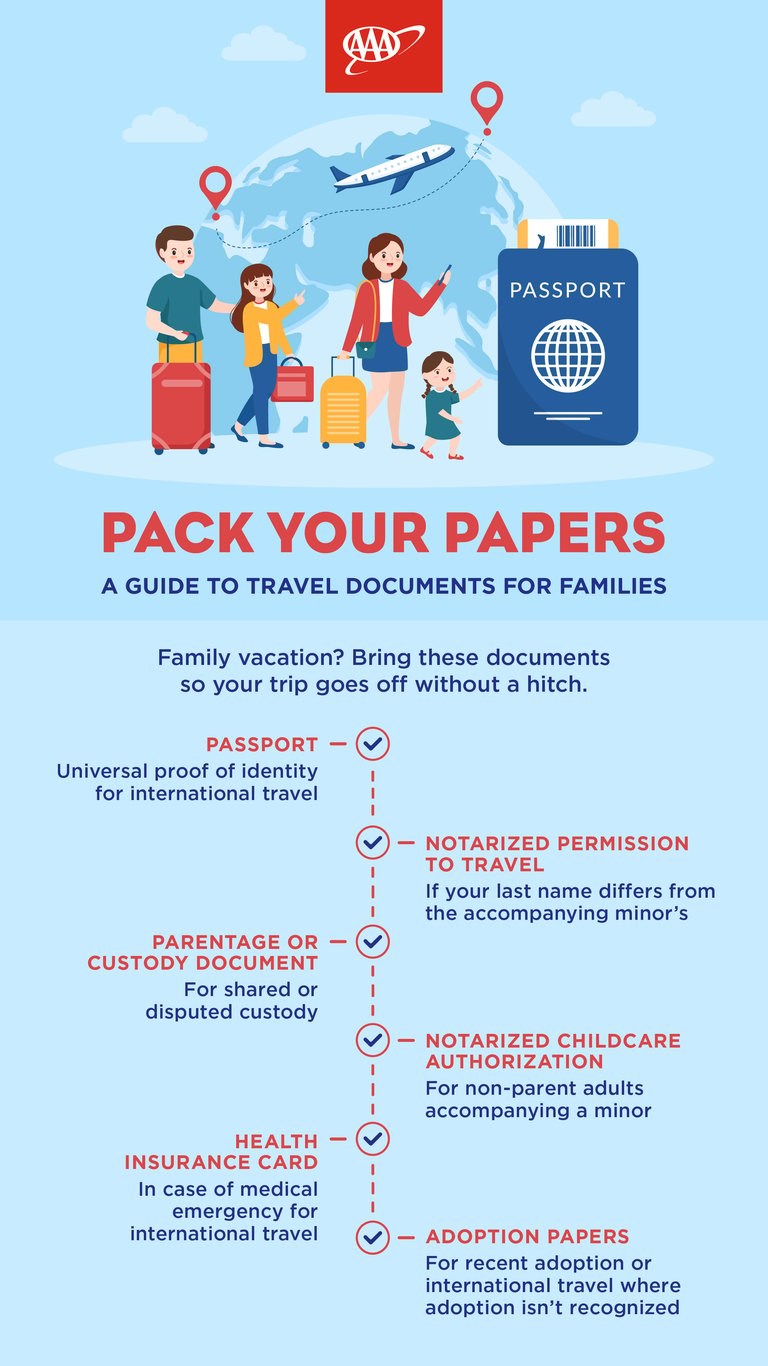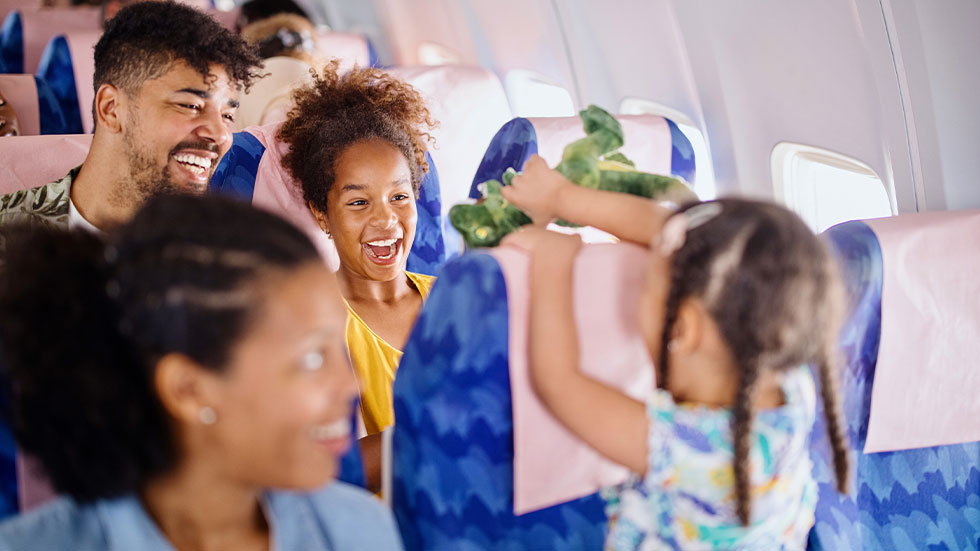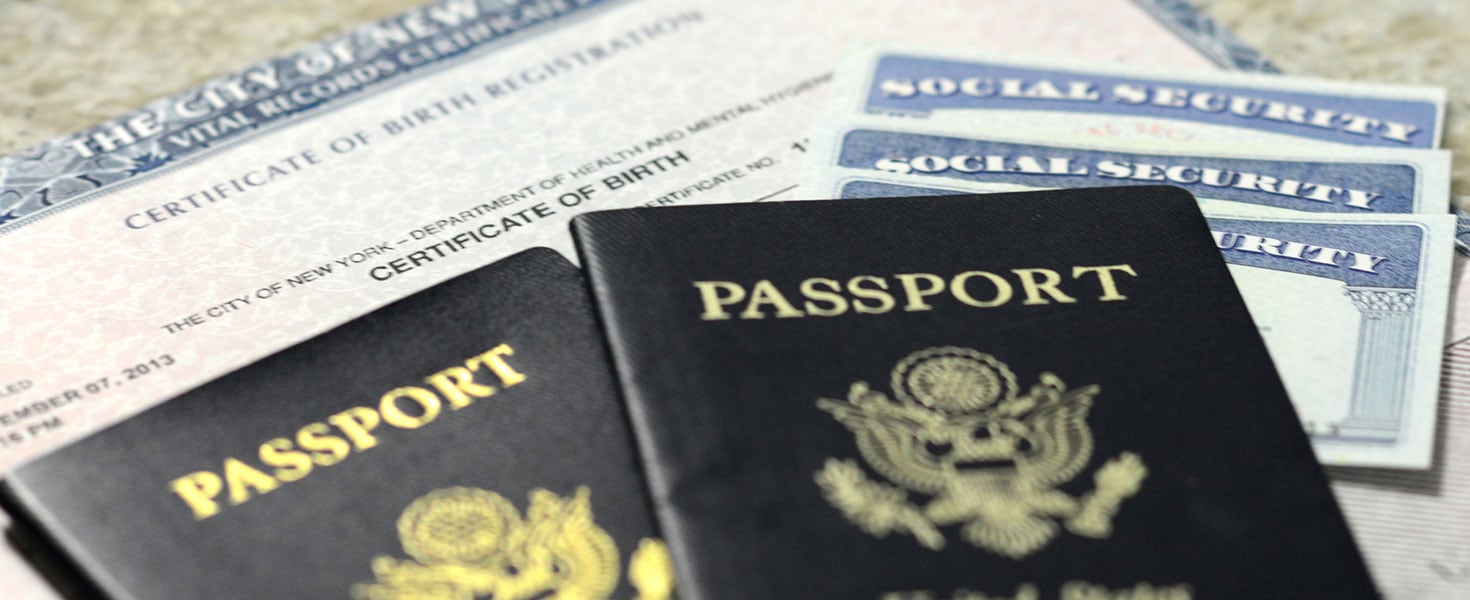

Traveling can be a stressful experience for anyone, but including children adds an entirely new set of important considerations. From airport check-ins to Customs and Border Control, hotel reservations, and medical emergencies, you’re far more likely to face inquiries from officials if you are traveling with minors. Besides potentially being questioned during a domestic getaway, it's almost guaranteed that all families traveling with children will be required to show documentation during international travel.
When traveling internationally, be sure to research any legal requirements of all the countries you plan to enter. You may have no trouble getting on the plane, but your host country might require specific documentation in order to pass Customs and Border Control. For example, Canada requires children who are not traveling with both parents to present a birth certificate and a consent letter signed by legal guardians, or documented evidence of sole guardianship.
Wherever you’re headed and whatever your family type, here are the documents every family should travel with to be prepared for almost any situation.
All families
Medical emergencies can strike anywhere, and you’ll want to be sure you can manage your child's care while traveling. Bring a copy of each child’s health insurance card and a notarized child care authorization letter, signed by a guardian. Even if the guardian is on the trip, every adult who does not share a last name with the child should have a copy of the authorization letter. It’s possible that the guardian on the trip could become separated or incapacitated, requiring the remaining guardian(s) to prove their right to care for the child.
There is no universal form for the child care authorization letter, so check with your health care provider or find a free template on the internet. This document should also include contact information for your child's doctor(s) and dentist(s). Having all the medical and caregiving information you need can also be helpful if you plan to use caregivers while traveling, or if your child will be participating in hotel-sponsored activities or day camps.

LGBTQ+ Families
LGBTQ+ families are very likely to face additional questioning when traveling with minors, and this can be true for domestic travel, too. Regardless of your destination, have as much evidence as possible to prove your relationship to the children traveling with you. Carry your paperwork in an easy-to-access folder that you have in your personal bag. Don't pack it in your checked luggage or in any carry-on luggage that may be gate checked.
Have copies of each child’s birth certificate (or passport for international travel), as well as any parentage or custody documents. If only one parent shares a last name with the child and is not present, be sure the traveling parent has a notarized letter of permission to travel with the child, even if the traveling parent is a legal guardian. Last names carry more weight than they should, and this extra precaution can help avoid delays, or worse, having your trip cancelled.
The U.S. State Department also advises that you carry contact information for both your lawyer in the United States and a family member who has a copy of your itinerary. You should also have the contact information of the nearest U.S. Embassy in your destination. They can assist with any legal issues you may encounter.

Single-parent families
Any solo adult traveling with a minor may be asked to prove their legal right to do so, as some divorce agreements prohibit out-of-state or international travel without permission. If you are divorced, you’ll want to carry a notarized consent to travel from the child’s other guardian. There’s no universal form for this, so make sure your document includes the child’s name and date of birth, the dates and destinations of your travel, the names of those granted permission to travel, and the names and contact details of all legal guardians whose permission is required.
If you have sole custody or do not require permission (per your divorce agreement), Customs and Border Control advises to bring a copy of the court agreement (or other supporting documents, like the death certificate of the other parent or the child's birth certificate showing you as the sole parent).
Adoptive families
Parents of adoptive families may face any combination of the situations listed above, especially when last names do not match for all the family members who are traveling. If you fall into this category, bring the same documentation already described, as well as adoption paperwork demonstrating your legal relationship to the children traveling with you.

When you're not the parents
Whether you’re traveling with grandchildren, nieces and nephews, or even toting your child’s best friend along on your family vacation, there are plenty of situations that include traveling with a minor who is not your child.
It’s perfectly legal to do so—but only with permission—so be prepared to prove it. That generally means birth certificates and photo IDs (if available) for each child, along with a notarized consent to travel signed by all legal guardians.
